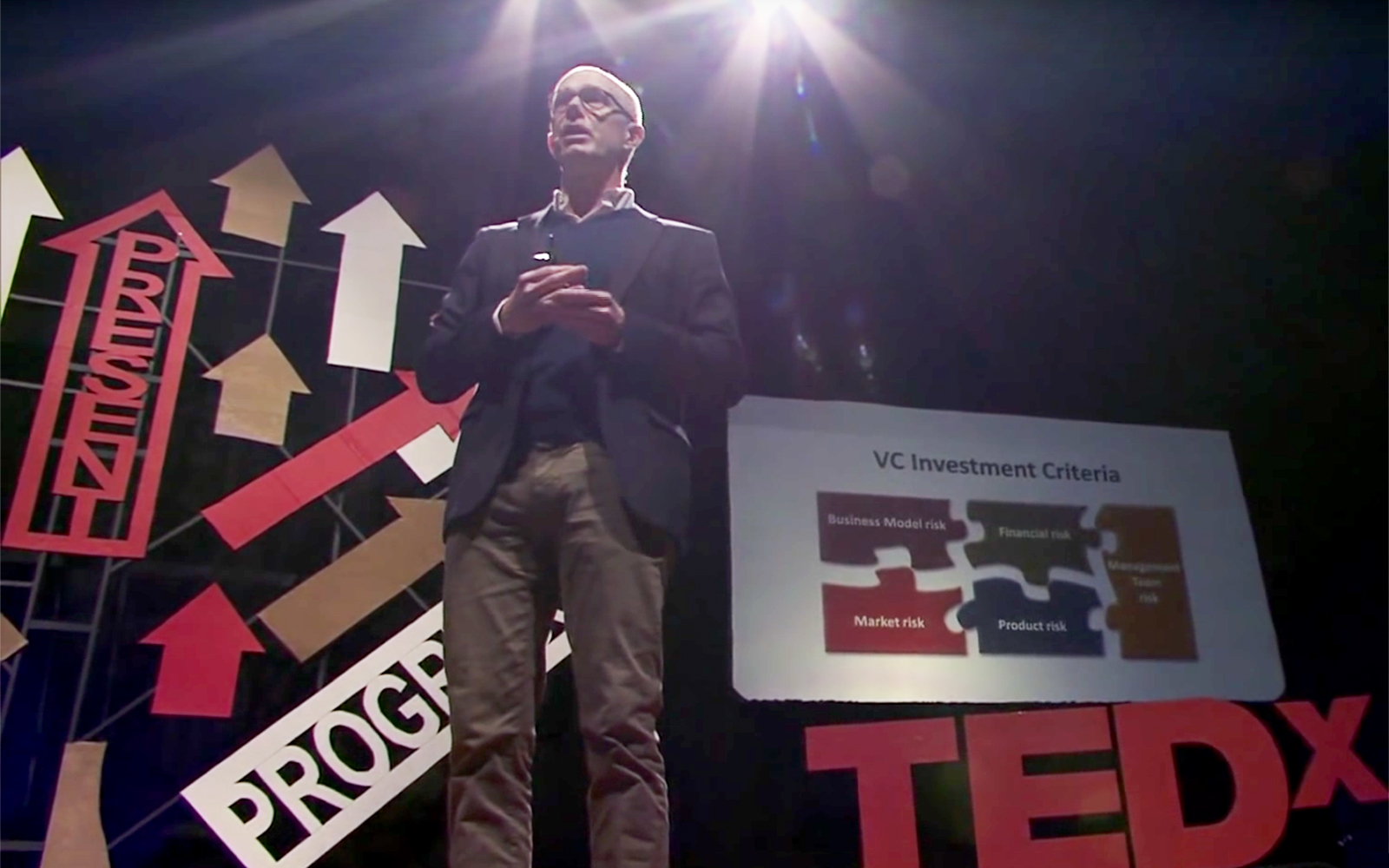
Provocative, Well-Honed, Brief Lessons Can Augment Teaching and Learning
You are probably doing it too, watching TED Talks.
The acronym stands for Technology, Entertainment and Design. These are brief, invited presentations, in front of live audiences, most of whom have paid substantial sums to attend.
The annual event began in 1984, and has evolved over time. Now there are offshoots on college campuses and other venues. Today the web makes access easy and most can be viewed after the fact for free. https://www.ted.com/talks.
Why are TED Talks important to the dean of a business school, other than the fact that they are very engaging?
They represent an important element of today’s information/education environment. They are short, accessible and finely polished. This is inherently good, and their brevity is intentional. TED asks highly accomplished people to distill their thinking into 18 minutes.
As Mark Twain is reputed to have said, “If I had more time, I would have written a shorter letter.” So, smart, distinguished people, work tirelessly to distill their thinking. And this distilled thinking is available on the internet. Moreover, the craft of distilling one’s thinking can be learned, so TED Talks are a laboratory approach to thinking about effective communication. Our faculty members can learn from observing and emulating these best practices. They can apply them to their teaching.
In his book, “Talk Like TED,” Carmine Gallo discusses numerous TED talks. His discussion of Amanda Palmer’s 2013 talk underscores the craft that goes into them. Her blog about the experience thanks 105 people for their help in crafting her talk. She planned, she practiced, she got continuous feedback, she reviewed videos of her practice sessions and she revised and revised and revised in response. The talk ends up as a highly polished performance, for 18 minutes.
And these performances are invited. The presenters have already passed a serious screen. They have something important to say. No surprise that Bill Gates, Amanda Palmer, Steve Jobs, Daniel Pink, Jennifer Granholm, Tony Robbins, Amy Cuddy, Malcolm Gladwell, and Isabel Allende have all given TED Talks. These observations remind us that effective communication is purposeful. By conscious purpose we can improve our communication. And it helps if you have something important to say.
Another TED Talk benefit is that many fit well into classroom settings.
Increasingly our faculty members do not view their role as lecturing to deliver material. Rather, they curate a learning experience where there is substantial debate and discussion occurring in class. Often there will be provocative preparatory material in the form of assigned readings, problems and exercises or assigned review of material like a Ted Talk.
In teaching a course on entrepreneurship, one might assign the 2007 TED Talk by Sir Richard Branson, founder of Virgin Records, Virgin Atlantic and Virgin America. Gallo quotes him as saying: “Companies are all about finding the right people, inspiring those people, and drawing out the best in people.” Of course, he said much more and the full piece would be great fodder for conversation. In preparation, the students would also be expected to learn the details of the career path of a highly successful entrepreneur.
There are multiple places where technology is unambiguously affecting our access to world-class thinking. This is one. MOOCs (Massive Open Online Courses) are another. Even Wikipedia falls into the category. MOOCs and Wikipedia exemplify the availability of knowledge content online. Increasingly, it will be important for college professors to be familiar with multiple tools that communicate information effectively. The professors will curate a portfolio of such tools, including TED Talks, to deliver knowledge effectively.
TED Talks often provide motivation and passion. By telling stories, the speaker engages the listener in a journey. Perhaps it is one of self-discovery and inspiration. Colin Powell’s 2012 talk was about why kids need structure in their lives. But that was only one level. At another level Gallo emphasizes the ways in which his presentation style is to be emulated. His presence, his carriage, and his gestures are all those of a leader, and all of us can learn by observing the best as they practice their craft.
At a recent Association to Advance Collegiate Schools of Business (AACSB International) board meeting, Michael Arena, the chief learning officer for General Motors shared the company’s experience with TED Talks. In many locations, staff are encouraged to select and screen a TED Talk and follow it with discussion and debate. This is a highly effective mechanism for engagement and staff development, at remarkably low cost.
Hopefully colleagues in the School of Business at UConn will find TED Talks a valuable resource in hybrid- and online- courses, as support for learning in “flipped” classrooms, and as tools for student engagement in many venues, both curricular and extracurricular.

John A. Elliott
Dean, UConn School of Business
John A. Elliott is dean of the UConn School of Business, as well as the Auran J. Fox Chair in Business. John is a certified public accountant with professional experience as an auditor and consultant. His research is concentrated on the role of accounting information in financial analysis and contracts. When not attending his son’s athletic events or visiting his daughter and her family, John and his wife, Laura enjoy travel. John is also an avid fan of the UConn men’s and women’s basketball teams. View Posts